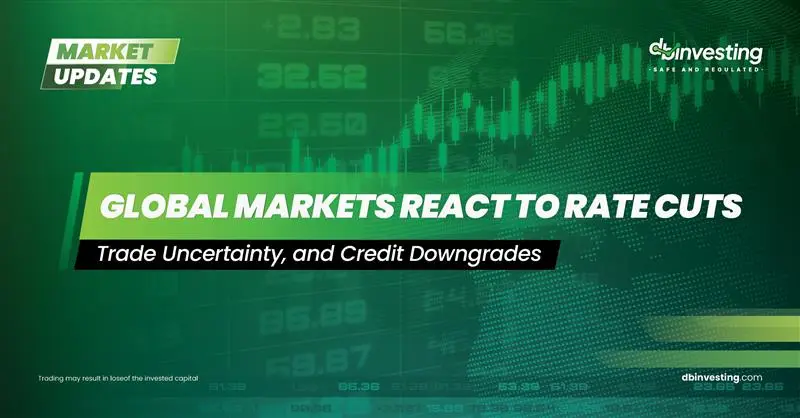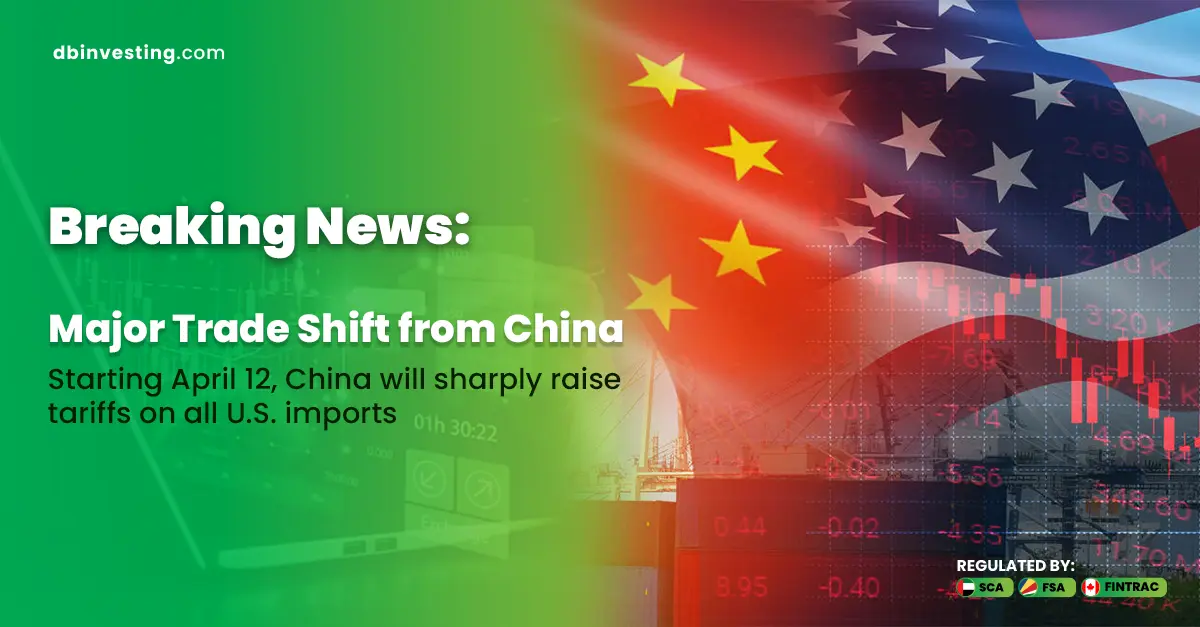Gold Prices Dip as Risk Appetite Rises on Global Rate Cuts
Gold prices slipped during Asian trading on Tuesday, snapping a brief recovery from the previous session. The decline was largely driven by renewed risk appetite following interest rate cuts by both China and Australia, which buoyed global stock markets.
However, market optimism faced mild headwinds after China warned that the U.S. export restrictions on chip technology are undermining the recent trade truce between the two nations. Investors were also digesting the impact of Moody’s recent downgrade of the U.S. sovereign credit rating.
Gold’s pullback from record highs last week was initially fueled by a temporary agreement between the U.S. and China to reduce mutual tariffs. That optimism has now been clouded, as China claims that U.S. technology export controls contradict the spirit of last week’s agreement.
Meanwhile, Japan is preparing for high-level trade talks with the U.S., though Tokyo remains firm in its stance that President Trump must eliminate all tariffs on Japanese goods.
Tax Cuts and U.S. Credit Concerns in Focus
Markets are also watching closely as the U.S. House of Representatives prepares to vote on a sweeping tax cut bill. Critics warn that the legislation could worsen the fiscal deficit, posing a risk to the broader U.S. economy, especially considering the recent credit downgrade.
The downgrade has had a muted impact on Wall Street sentiment thus far, with investors seemingly more focused on positive trade developments. Still, the broader implications for financial stability remain a concern.
Australian Dollar Slides on Interest Rate Cut
The Australian dollar fell against the U.S. dollar after the Reserve Bank of Australia lowered its key interest rate by 25 basis points to 3.85%, citing global uncertainties and weak domestic forecasts.
This widely expected move marks the second rate cut by the central bank this year. In its policy statement, the RBA noted that inflation is easing and expected to stay within the target range of 2–3%, but cautioned that external uncertainties, including trade tensions and global economic slowdown, could weigh on growth.
Oil Prices Fluctuate Amid Iran Deal Doubts and Geopolitical Risks
Oil traded within a narrow range during Asian hours on Tuesday. Market volatility increased amid signs that U.S.-Iran nuclear deal talks are stalling, reducing fears of an imminent supply surge. However, potential ceasefire negotiations between Russia and Ukraine put downward pressure on sentiment.
The ongoing impasse has contributed to choppy price action in the energy market. A successful agreement could ease sanctions and lead to higher Iranian oil exports, impacting global energy supply dynamics.
U.S. Stock Futures Slip Amid Renewed Trade Worries
U.S. stock futures dipped after early gains in Asian trading, driven by China’s statement that U.S. chip export controls could undermine the recent trade truce with Washington.
Investors also continued to process the Moody’s downgrade and looked ahead to the expected vote on the Trump-backed tax reform bill. Despite a modestly positive close on Wall Street, concerns over America’s financial health persist beneath the surface.






